
A worker checks the operation of a carbon fiber production line at a factory in Lianyungang, Jiangsu province. (Photo by Geng Yuhe/For China Daily)
Authorities have implemented a slew of measures to minimize the impact of COVID-19 on normal production and people's daily lives, according to a recent government work notice.
As the country continues to optimize its epidemic responses, consistent efforts have been made to effectively coordinate epidemic control with economic and social development, especially in the more vulnerable rural areas.
A recent notice for the New Year holiday and Spring Festival issued by the general offices of the Communist Party of China Central Committee and State Council asked local authorities to make sure optimized measures of epidemic control are carried out in an orderly way.
Adhering to putting people first and giving top priority to people's lives, local authorities should take scientific and targeted measures and focus on epidemic control in key institutions and groups to minimize the impact on people's daily lives and production.
They should make adequate preparation for intensive care resources, bolster the production and delivery of drugs and testing equipment, regulate against hoarding and profiteering, and guide the public to take personal protection measures and take responsibility for their own health, the notice said.
The notice required meeting the demand for travel during the holidays and providing safe and convenient transportation services to the public, and reducing the risks of infections during the Spring Festival travel rush.
It also stressed the importance of safe production to ensure the safety of people's lives and property. Special inspections should be carried out in high-risk areas including dangerous chemicals, mines and construction sites to resolutely prevent major accidents.
The Office of the Central Leading Group for Rural Work, the Ministry of Agriculture and Rural Affairs and the National Rural Revitalization Administration have also asked local rural affairs authorities to win the tough battle against epidemic control in rural areas.
Rural areas are weak links in epidemic control as they cover vast regions, have huge populations and weaker foundations, according to a recent release from the Ministry of Agriculture and Rural Affairs.
As a large number of people travel during the holidays, local authorities must realize the huge importance and urgency in rural epidemic control and coordinate resources from all sides to make sure major tasks are carried out effectively, the release said.
Efforts should be made in increasing the supply of drugs, equipment, manpower and funding in rural areas to ensure the supply of medical resources and improve medical treatment and intensive care, the release said.
Epidemic control in rural areas should focus on key groups and continuous efforts are required to push for more vaccination among the elderly, it said.
The release also stressed coordination between epidemic control and agricultural production to ensure the supply of winter vegetables and animal products while making preparations for spring sowing.
A notice by the joint prevention and control mechanism of the State Council has asked medical facilities and drugstores in townships and villages to increase their inventories of fever and cough medicines, traditional Chinese medicine and antigen test kits.
Jiao Yahui, head of the National Health Commission's medical administration bureau, said epidemic control in rural areas is a key task at the current stage.
"Efforts should be made so that drugs are delivered to medical institutions in counties, townships and villages while critical patients in rural areas can be transferred to bigger hospitals for treatment in time," she said at a recent news conference.
"Hospitals in urban areas have established cooperation mechanisms with county hospitals, so that whenever there are severe patients in rural areas, they can be transferred to cities quickly," she said.
Township and village hospitals have been asked to conduct health monitoring on high-risk groups. Urban hospitals should send experts to county hospitals to offer guidance and local authorities need to send medical teams to rural areas and offer timely services to high-risk groups, she said.
To ensure its agricultural products are not affected by the epidemic, the Hainan Provincial Department of Agriculture and Rural Affairs has issued nine measures to boost production and sales.
License applications for vehicles transporting agricultural produce are required to be finalized in less than three hours and after verifying the licenses, checkpoints cannot add any restriction on the vehicles, the Hainan authorities said.
The province is also providing convenient nucleic acid testing for truck drivers and exempting ferry fees for trucks transporting fresh agricultural produce from the island.
















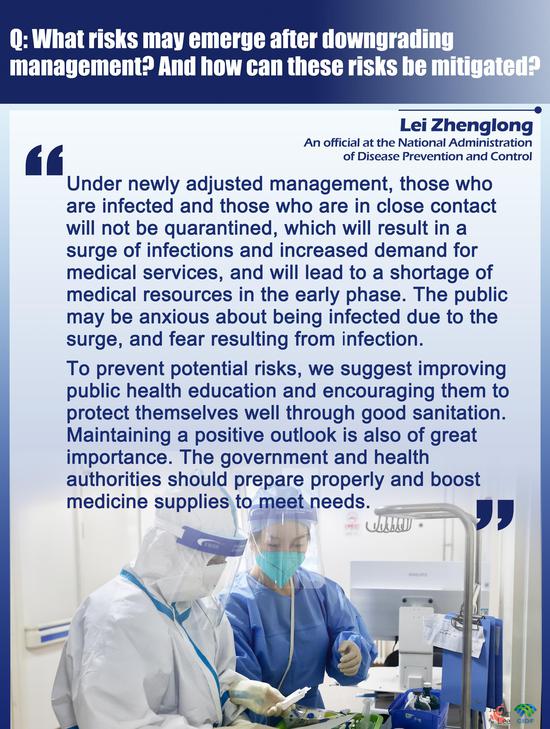

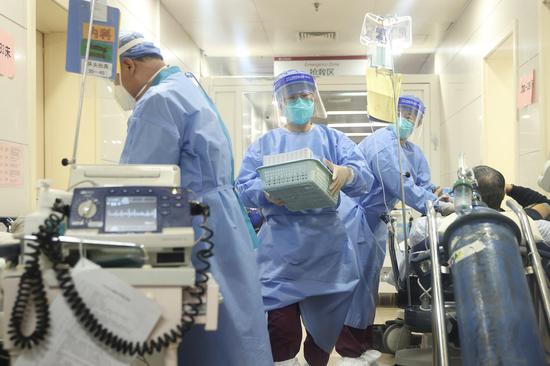
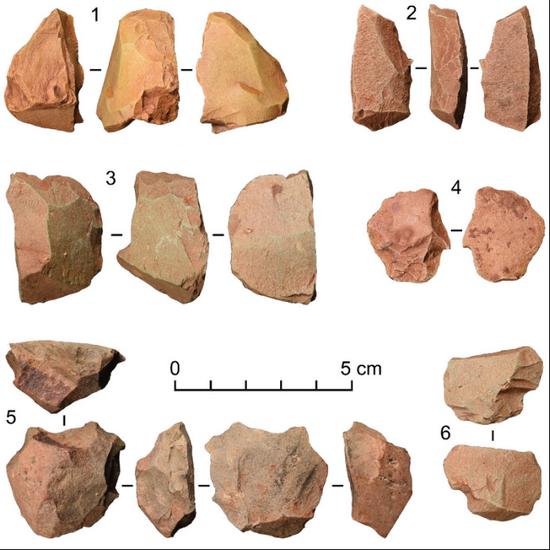





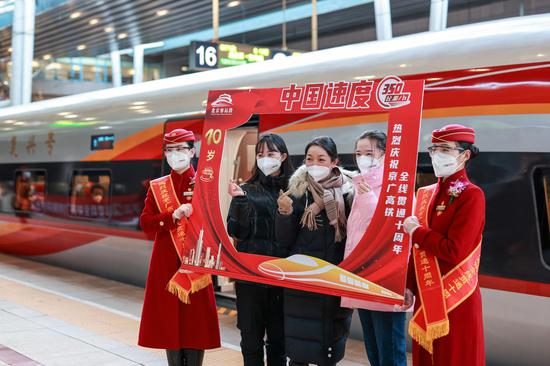
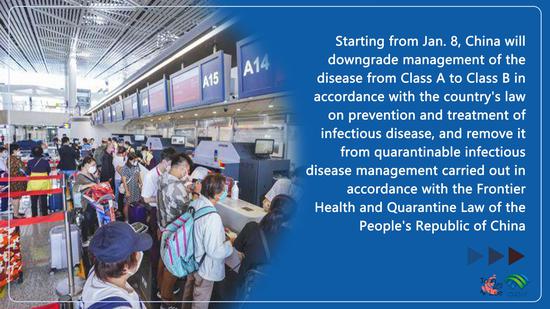


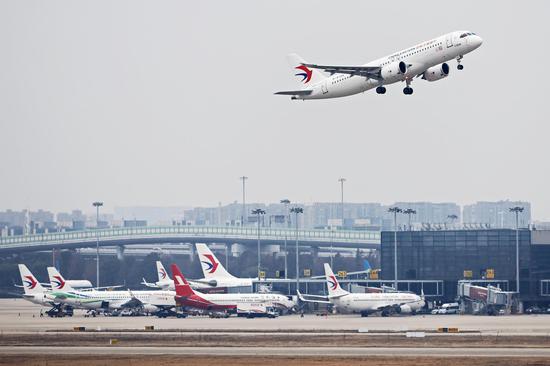


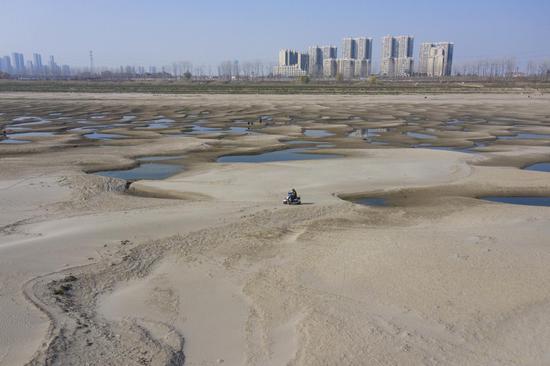



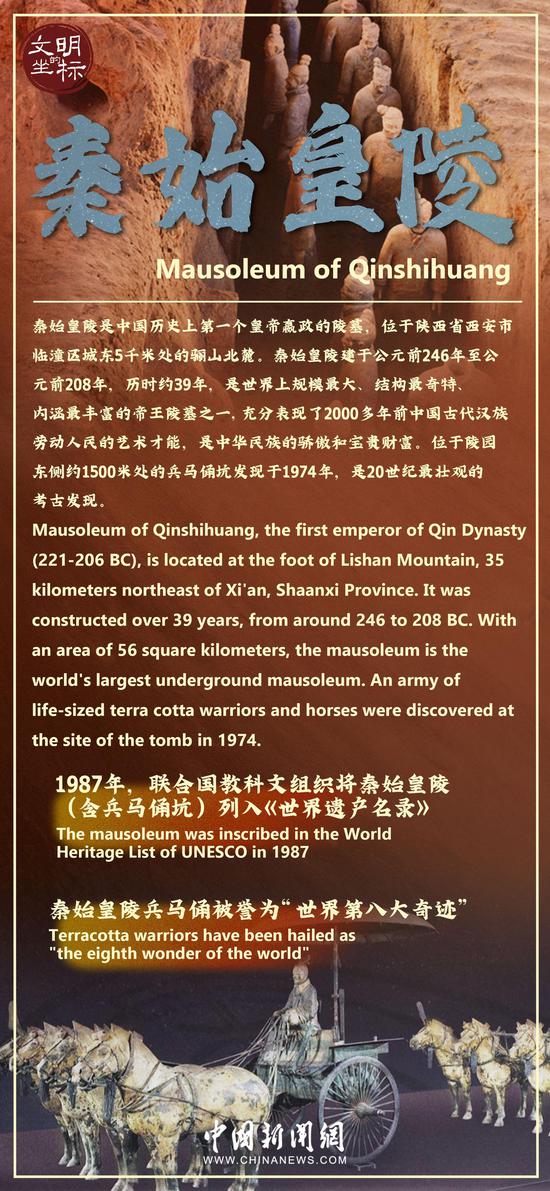
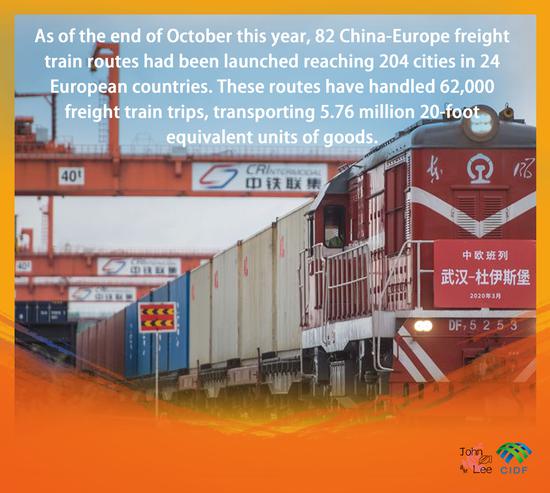
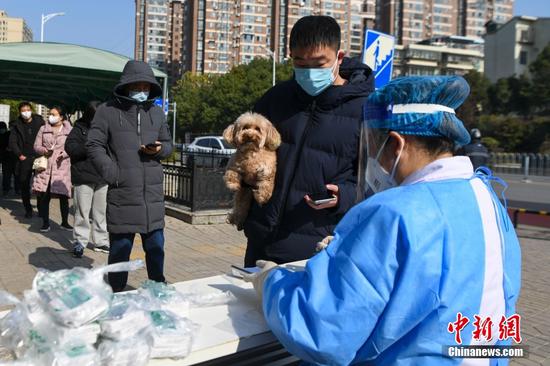











 京公网安备 11010202009201号
京公网安备 11010202009201号